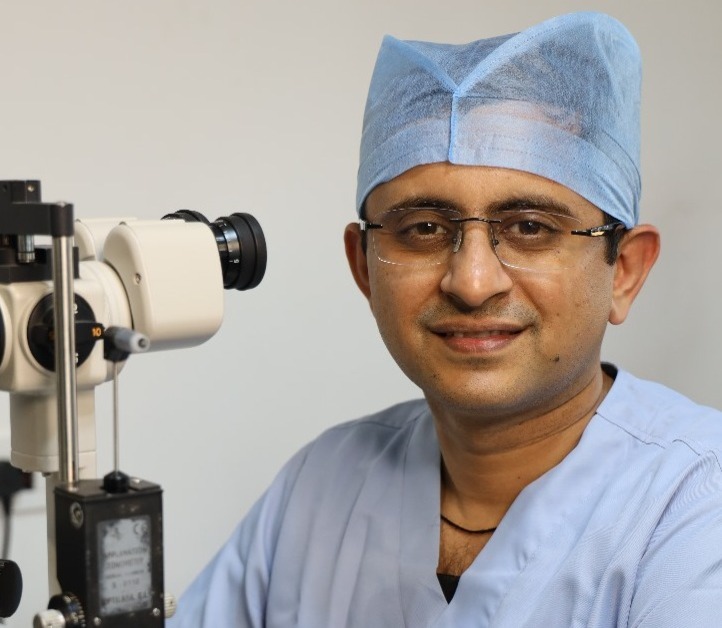1. Compressive Eye Check-Up
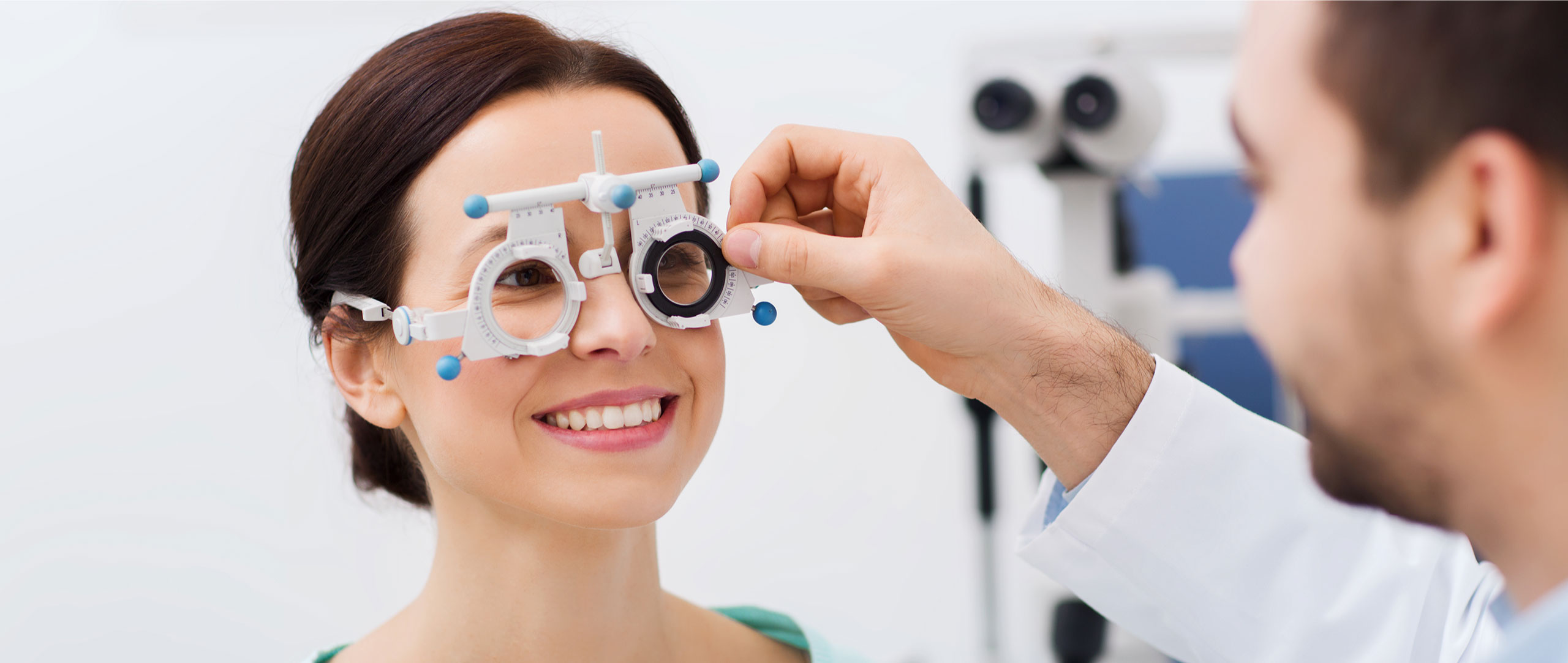
About Comprehensive Eye Check-Up
Comprehensive eye check-up involves a thorough examination of the eyes to assess vision and detect any underlying eyeconditions. It includes various tests such as visual acuity test, refraction test, intraocular pressure measurement, and examination of the retina and optic nerve.
Cataract surgery is typically performed on an outpatient basis and is renowned for its safety and effectiveness.
It is normal to experience mild discomfort, dryness, and sensitivity to light during the days following the surgery.
2. Cataract Treatment
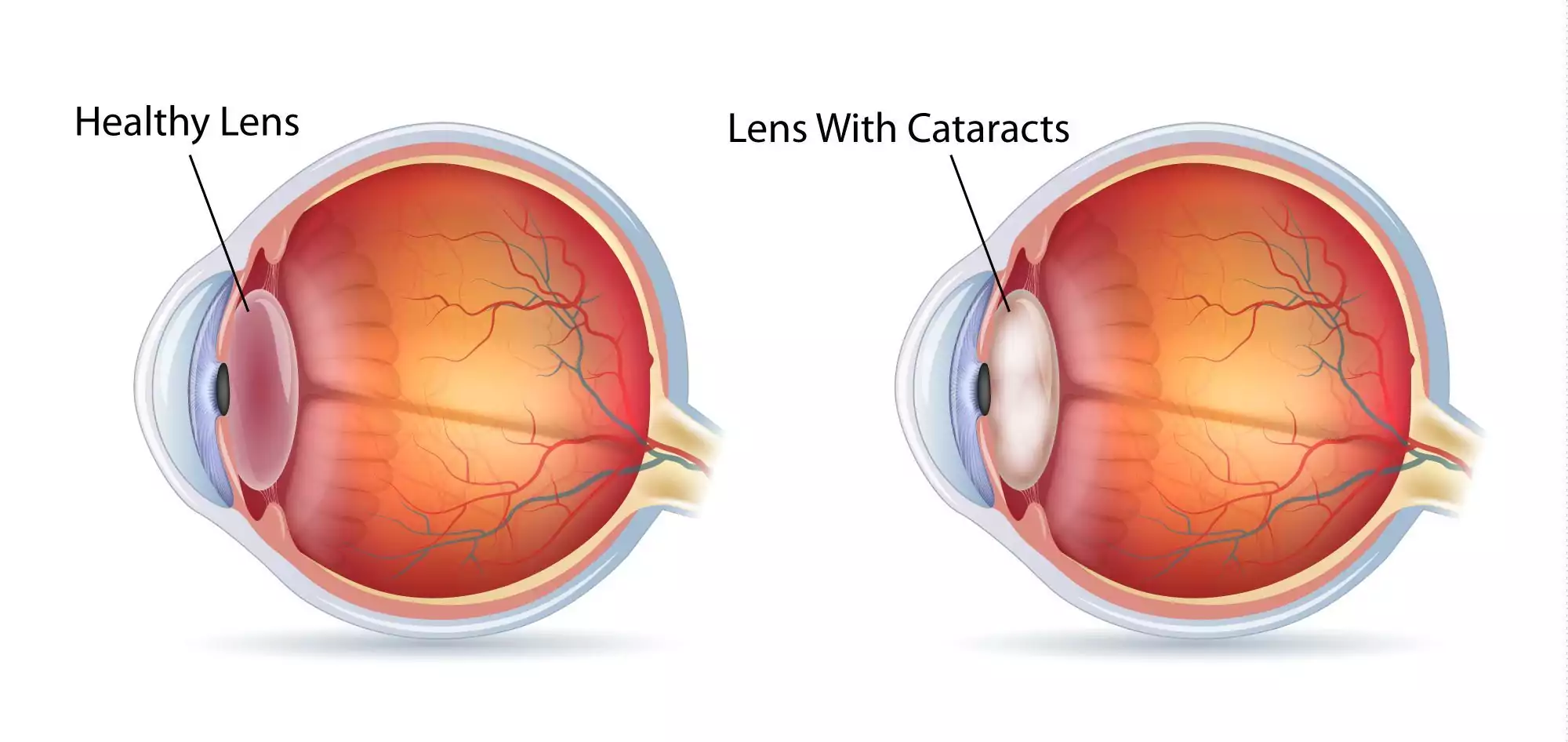
About Cataract Treatment
Cataract treatment involves the surgical removal of the clouded lens and replacement with an artificial lens to restore clear vision. Cataracts cause clouding of the eye's natural lens, leading to blurry vision and eventual vision loss if left untreated.
Cataract surgery is a safe and effective procedure with a high success rate in restoring vision.
Early detection and treatment of cataracts can prevent vision impairment and improve quality of life.
3. Refractive Procedures
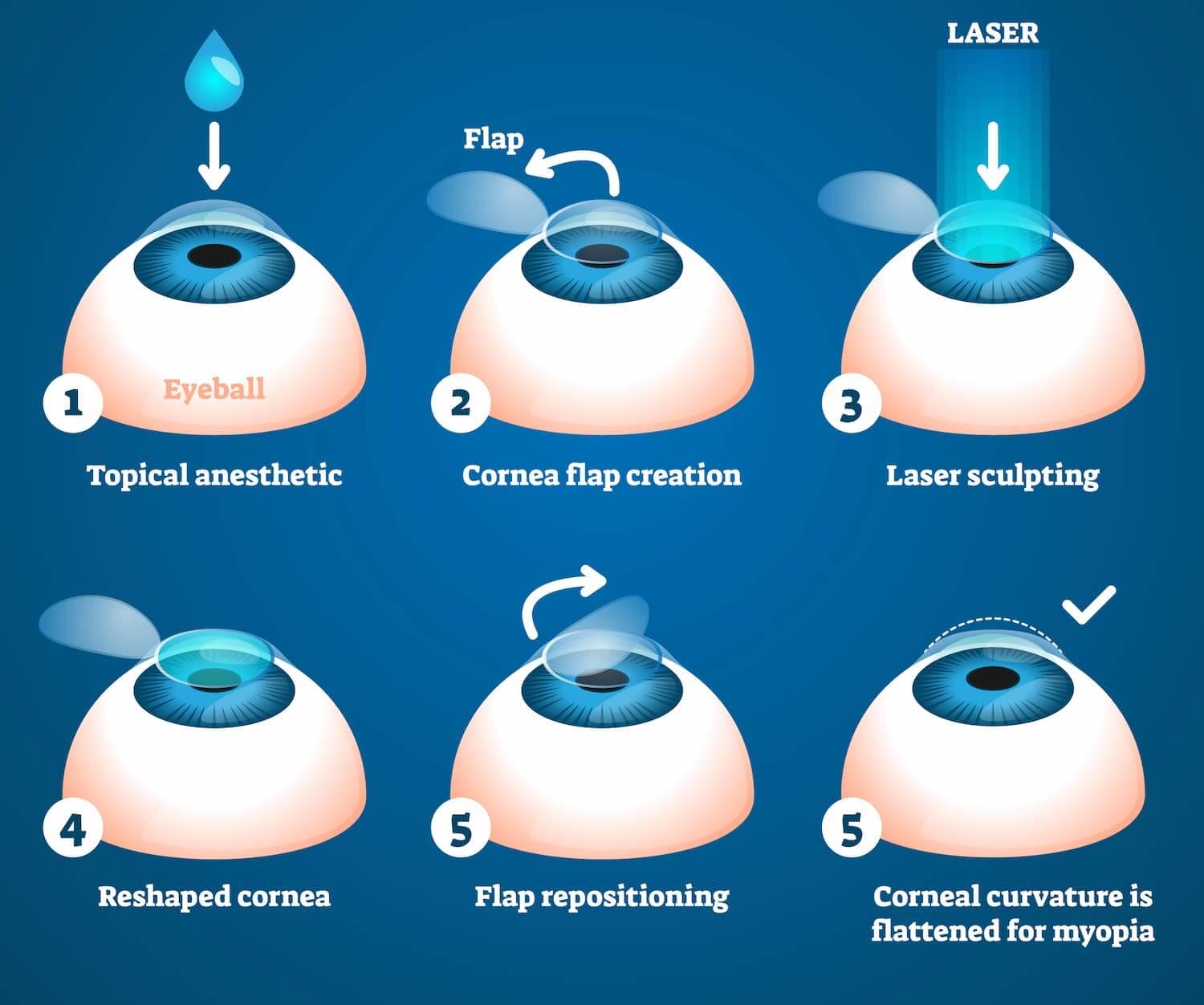
About Refractive Procedures
Refractive procedures such as LASIK (Laser-Assisted In Situ Keratomileusis), ICL (Implantable Collamer Lens), and RLE (Refractive Lens Exchange) are performed to correct refractive errors such as nearsightedness, farsightedness, and astigmatism, reducing or eliminating the need for glasses or contact lenses
Refractive procedures offer a permanent solution for vision correction and can significantly improve visual acuity.
These procedures are safe and minimally invasive, with rapid recovery and minimal discomfort.
4. Pediatric Eye Care
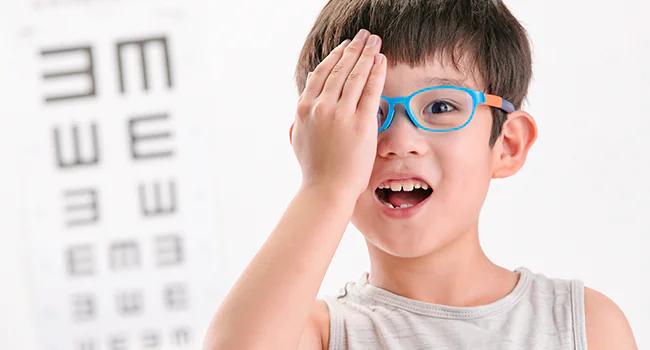
About Pediatric Eye Care
Paediatric eye care focuses on the diagnosis and treatment of eye conditions in children, including refractive errors, amblyopia (lazy eye), strabismus (eye misalignment), and congenital eye abnormalities. It aims to ensure optimal visual development and early intervention for any vision-related issues
Early detection and treatment of eye problems in children are crucial for preventing vision loss and promoting healthy visual development.
Pediatric eye care specialists have expertise in evaluating and managing eye conditions specific to infants, children, and adolescents.
5. Glaucoma
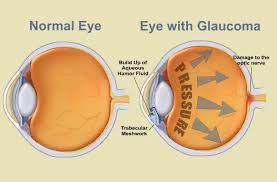
About Glaucoma Management
Glaucoma management involves the monitoring and treatment of elevated intraocular pressure (IOP) to prevent optic nerve damage and vision loss. It may include eye drops, oral medications, laser therapy, or surgery to lower IOP and preserve vision Glaucoma is a leading cause of irreversible blindness worldwide, but early detection and treatment can prevent vision loss Regular eye exams are crucial for early detection of glaucoma, especially for individuals at higher risk, such as those with a family history of the disease.
following people must regularly go for glaucoma screening
- Age above 40 s.
- family history of glaucoma
- history of eye trauma.
- long term use of steroids for other systemic diseases.
6. Corneal Transplant and Treatment
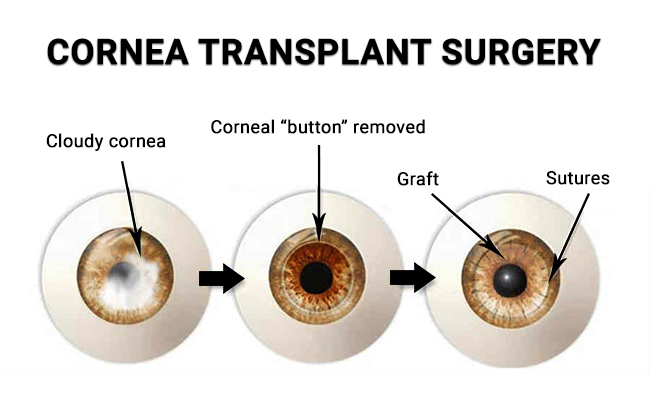
About Corneal Transplant and Treatment
Corneal transplant, also known as corneal grafting, involves replacing a damaged or diseased cornea with a healthy donor cornea to restore vision. It is performed to treat conditions such as corneal scarring, keratoconus, and other corneal deseases.
7. Vitreo-Retinal Management
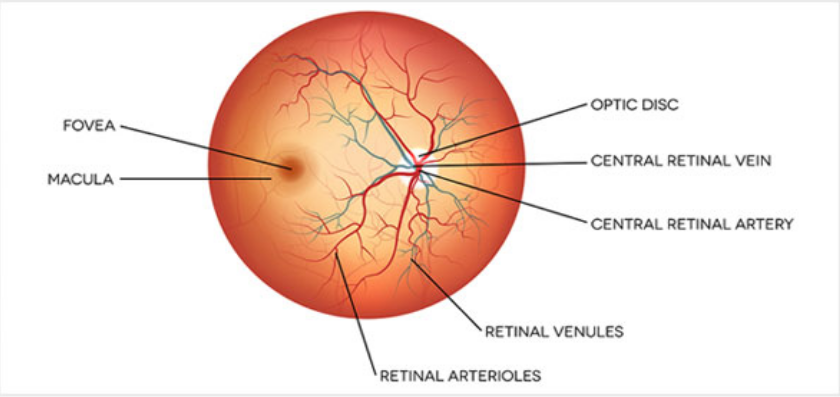
About Vitreo-Retinal Management
Vitreo-retinal management involves the diagnosis and treatment of diseases affecting the retina and vitreous, such as diabetic retinopathy, age-related macular degeneration, retinal detachment, and vitreous haemorrhage. Treatment modalities may include intravitreal injections, laser therapy, or surgery.
Diseases of the retina and vitreous can cause severe vision loss and require prompt diagnosis and treatment.
Vitreo-retinal specialists are trained to manage complex retinal conditions and preserve or restore vision whenever possible
8. Neuro-Ophthalmology
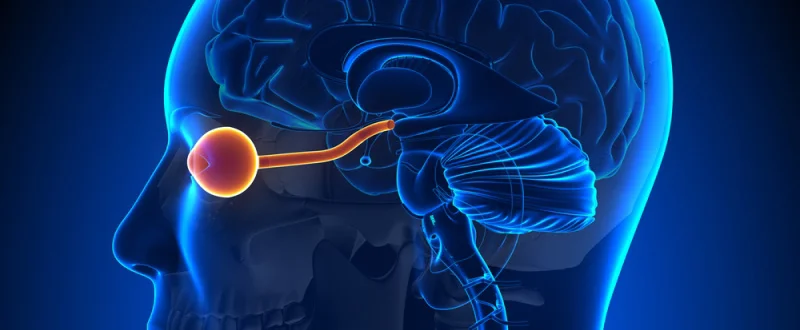
About Neuro-Ophthalmology
Neuro-ophthalmology is a subspecialty of ophthalmology that deals with visual problems related to the nervous system, including optic nerve disorders, visual field defects, double vision, and abnormal eye movements. It involves the evaluation and management of conditions affecting the visual pathways and brain
Neuro-ophthalmic conditions often require collaboration between ophthalmologists and neurologists to diagnose and manage effectively
Comprehensive neurological evaluation and imaging studies may be necessary to determine the underlying cause of neuro-ophthalmic disorders.
9. Low Vision Aids & Rehabilitation
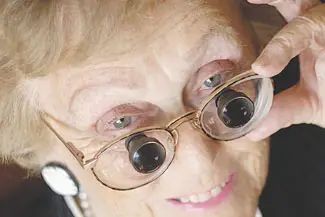
About Low Vision Aids & Rehabilitation
Low vision aids and rehabilitation services are designed to help individuals with significant visual impairment maximise their remaining vision and improve functional abilities. This may include the use of magnifiers, telescopes, electronic devices, or adaptive techniques to enhance vision for daily tasks and activities
Low vision aids and rehabilitation programs aim to enhance independence and quality of life for individuals with visual impairment.
Vision rehabilitation specialists work closely with patients to assess their needs and develop personalised strategies to optimise visual function and adapt to vision loss
10. Vision Therapy
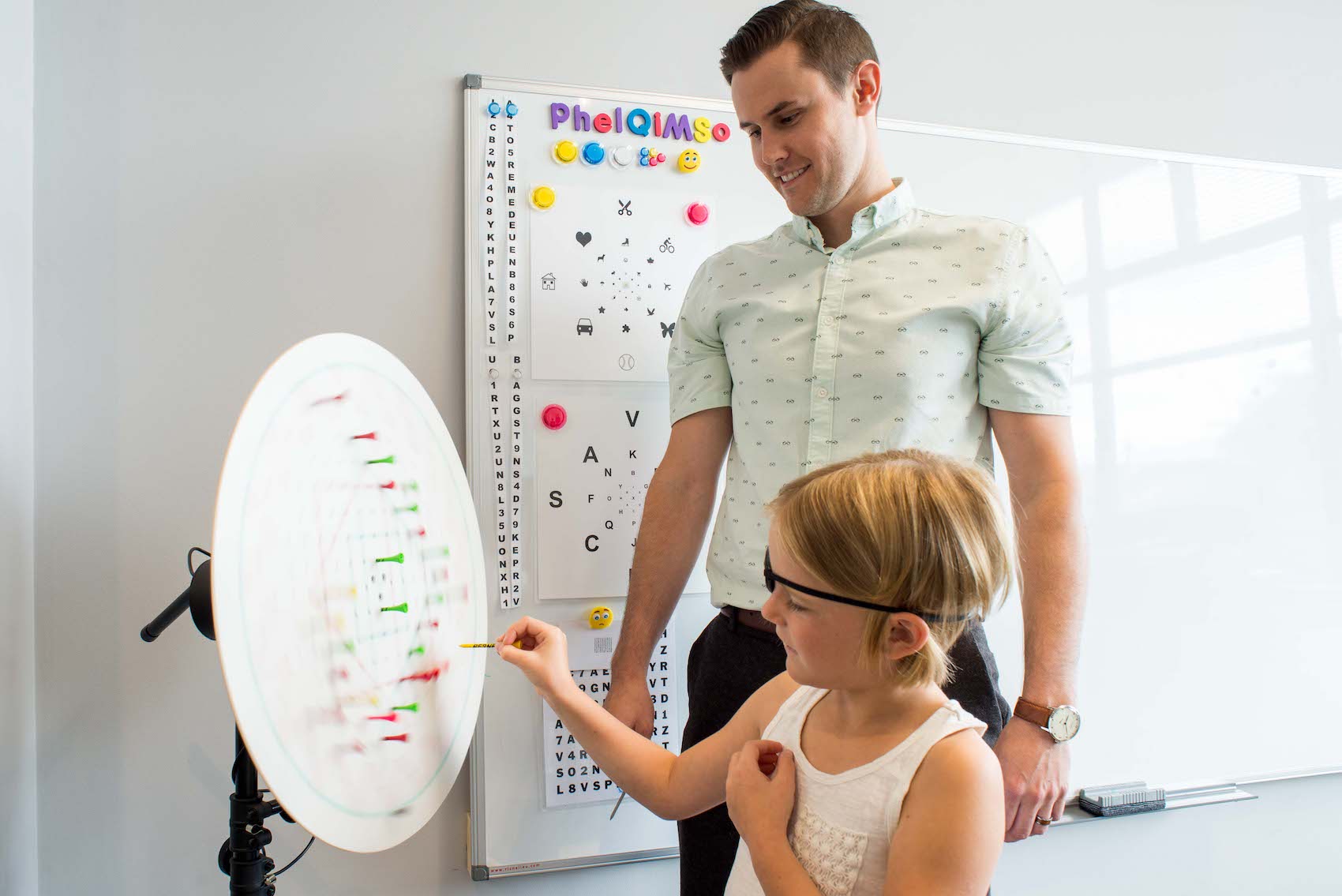
Vision Therapy
Vision therapy, also known as orthoptic therapy, is a personalised treatment program designed to improve visual skills and alleviate symptoms associated with binocular vision problems, amblyopia (lazy eye), strabismus (eye misalignment), and visual processing disorders. It includes a variety of exercises and activities to strengthen eye muscles, improve eye coordination, and enhance visual processing abilities.
Vision therapy is a non-invasive and effective approach to address functional vision problems and enhance visual performance
Certified vision therapists work closely with patients to create individualised treatment plans tailored to their specific visual needs and goals.
11. Contact Lens Clinic
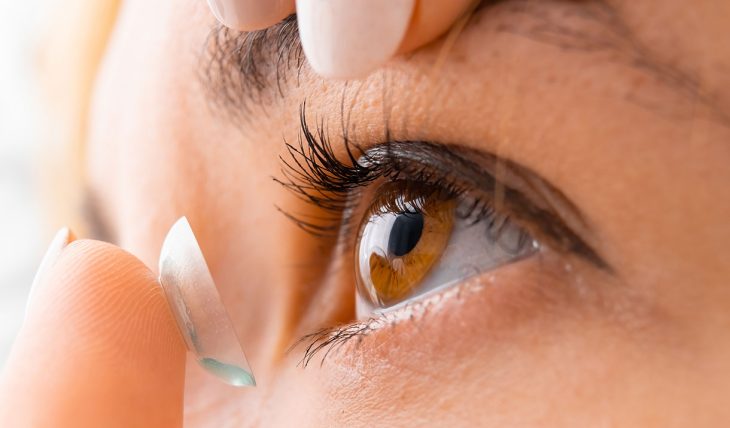
About Contact Lens Clinic
Contact lens clinics specialise in fitting, prescribing, and managing contact lenses for individuals with refractive errors or specific vision needs. They offer a wide range of contact lens options, including soft, rigid gas-permeable, toric, multifocal, and specialty lenses, and provide comprehensive eye care services to ensure optimal vision and comfort with contact lens wear.
Contact lens clinics offer personalised consultations and fittings to ensure proper selection and fitting of contact lenses for each patient.
Regular follow-up appointments and eye exams are essential to monitor eye health and ensure the safe and comfortable use of contact lenses.
Frequently Asked Questions
What does a respiratory Paediatrician do?
A developmental paediatrician is a specialist in children’s behaviour, learning and development and mental health. It’s a specialty area, different to general paediatrics, in that we have extra training and experience in this field and it’s our special interest; it’s what we love doing best.
How long should my child see a pediatrician?
The Ministry of Health Services recommends 7 well-child visits between the ages of 1 and 4. After four years of age, it’s recommended that children visit the pediatrician for an annual check-up.
At what age should you stop seeing a pediatrician?
According to the AAP, patients should continue to see a pediatrician through the age of 21. Since 1938, the recommended age for seeing a pediatrician was 18, but their official stance changed to 21 in 1969 and remained there until 2017, when they recommended discarding age limits
